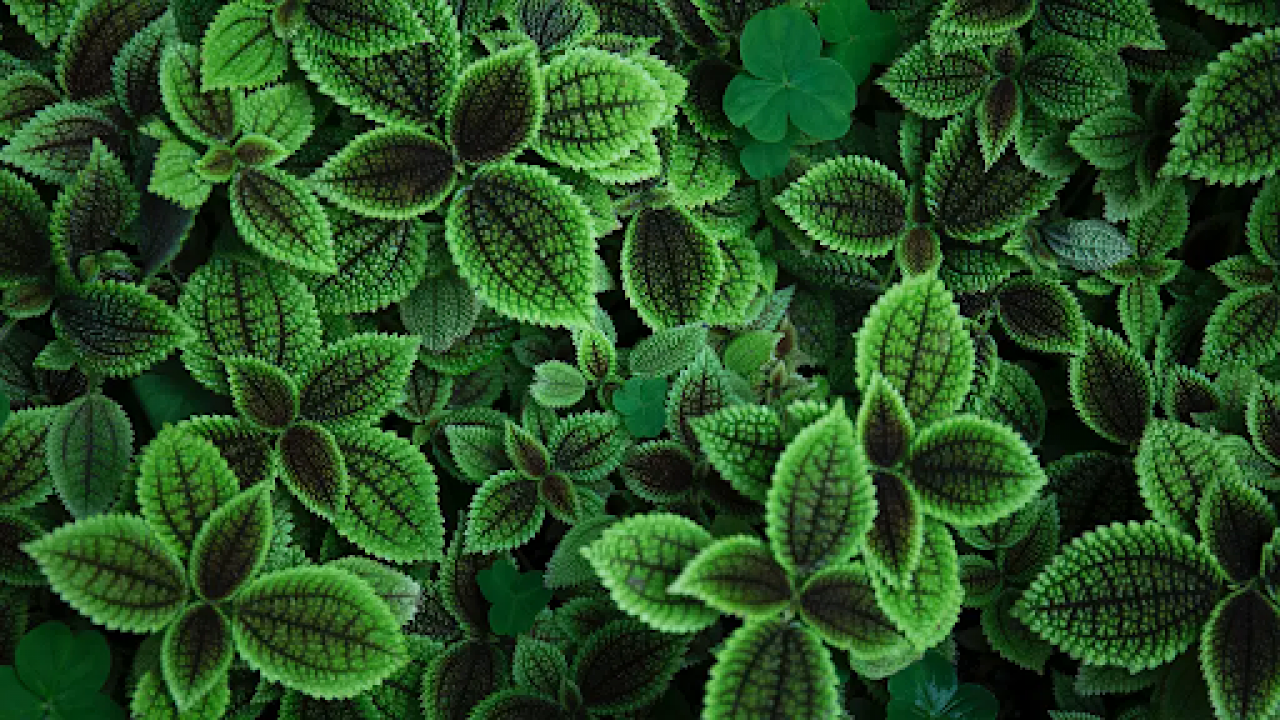
The Vast Universe of Bacteria and our Microbiome
By Meigan Freeman, Nutrition Peer Counselor
We go throughout our day without ever really thinking how we are able to digest our lunch, circulate blood to our tissues, and read this text. To put it much too simply, our bodies are made up of vast networks of cells communicating with one another. However, research has uncovered another species helping us with these bodily tasks: single celled bacteria. There is an entire microbial world living right alongside us with whom we often do not give a second thought. In fact, there are trillions of bacteria living on and in your body right at this moment. A recent study estimated that there are just as many bacteria living in us as the number of human cells we have (this is in contrast to the previous estimate of 10:1 bacteria to human cells). Additionally, these microbes are not just useless hosts, in contrast, they contribute more genes necessary to human survival than humans do (source). Bacteria are central to our existence, without them I don’t think humans would have the earthly impact they have today.
Bacteria are single-celled organisms and have been around much longer than humans have. It is hard for us to comprehend the insignificant amount of time that humans have been on earth, but we have only been around for a tiny sliver of the earth’s life (around 200 thousand years), and bacteria were the first to evolve around 3.5 million years ago. The oldest fossil currently discovered is of a cyanobacteria, who thankfully began photosynthesizing which increased oxygen storage on earth and led to the evolution of plants, animals, and much much later, humans. Bacteria played a huge part in our existence millions of years ago and continue to play a huge part in our lives today.
Although we often associate bacteria with illness, the majority of bacteria have no effect on humans and others live in symbiosis with us by taking residence in our gut. These specific bacteria are known as our intestinal microflora and are extremely beneficial to human digestion. Two ways that our intestinal flora benefits us is by increasing our resistance to infection and by producing essential nutrients.
It turns out humans are not very good at sensing harmful bacteria in their food or water and we end up ingesting small amounts of pathogenic bacteria quite frequently. Fortunately, the microflora in our gut is very competitive, not unlike the competition we see in larger ecosystems. If we ingest new bacteria strains, including pathogens, our bacteria will fight to keep their spot in our gut. One way our microflora out competes new bacteria is by producing bacteriocins, a protein that is toxic to similar bacteria and limits the growth of new strains (source). This bacterial competition keeps new strains from establishing a home in our gut unless we digest a significant amount of the pathogen. It is due to our microbiome that most people have a resistance to a certain level of pathogens.
Nutritionally, our microflora benefits us by producing essential vitamins and short-chain fatty acids. Our microbiome is known to produce a variety of B vitamins and vitamin K which is essential to our diet. One study discovered that participants on a low-vitamin K diet did not suffer from vitamin K deficiency due to their microbiome providing this nutrient for them. Additionally, our microbiome digest fiber to produce short-chain fatty acids including butyrate, propionate, and acetate. These fatty acids are very beneficial for our health. Butyrate is being studied for its potential to induce cell death in cancerous colon cells. Propionate and acetate increases feelings of fullness after meals and is why you feel full longer after eating a meal high in fiber (source).
Fortunately for us, the microbiome pretty much functions and benefits humans without our input. However, there are some foods we can eat to maximize microbial benefits. These foods are fermented and introduce probiotics, or healthy bacteria, into our gut. Fermented, probiotic foods include yogurt, kefir (fermented dairy drink), kombucha (fermented tea), kimchi (fermented cabbage), and other pickled vegetables. Although probiotics are not necessary, they may help digestion and stomach issues, like constipation or diarrhea. In contrast, fiber is necessary for humans and our microbiome loves fiber. Fiber can be found in fresh fruits and vegetables, whole grains, nuts, and beans. Eating fiber makes you feel full longer and aids in healthy digestion. We do not think of our microbiome much, but next time you eat a meal, think of the billions of bacteria you are feeding and taking care of, and be sure to eat some fiber!
Check out the Healthy Aggies at UC Davis blog for more articles like this one!
